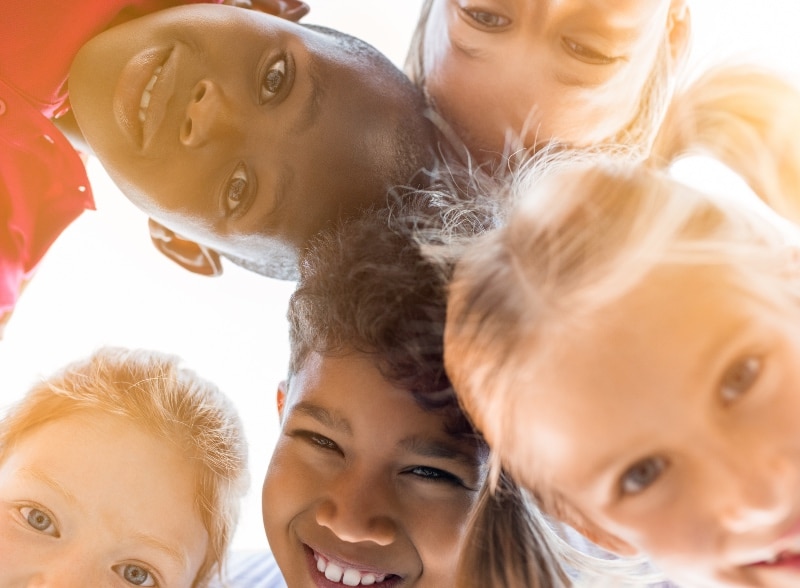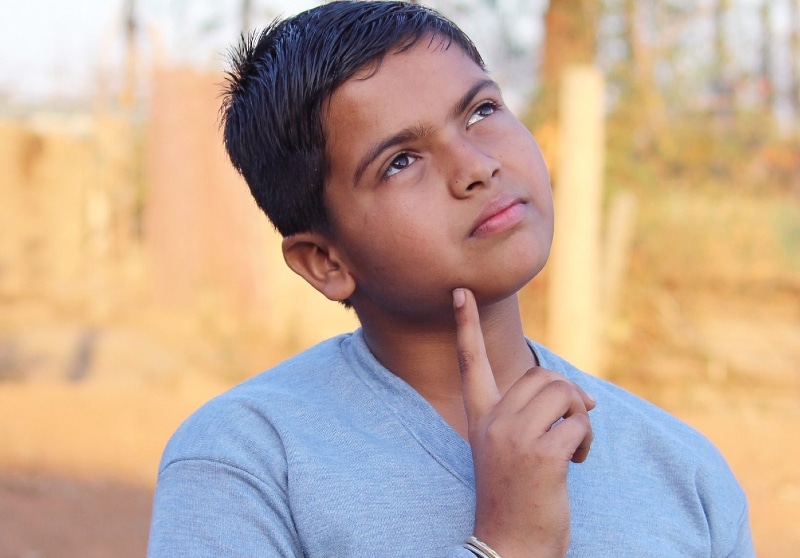
Mood Thermometer
Sometimes children can find it hard to tell you how they are feeling when they are experiencing strong emotions or getting angry. Using a mood thermometer can be a helpful way for them to identify how they are feeling, in the moment, and also helps to build emotional literacy more generally. Pop it somewhere accessible and encourage your child to identify the emotions that they experience, whether they are positive or negative.













